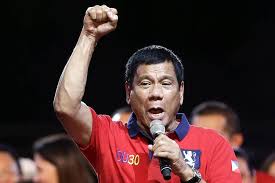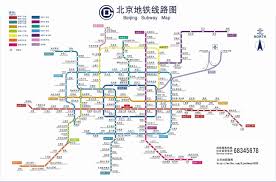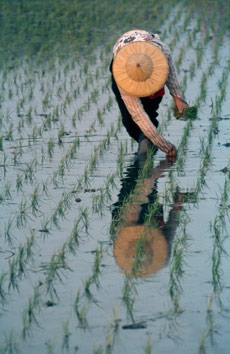It is pretty much clear that Dirty Harry Duterte has won the Philippines’ presidential election.
Thank goodness. Six years of Noynoy, with relatively clean government and improved growth threatened the Philippines’ status as the most dysfunctional polity in mainstream east Asia. The Thais were catching up. Fast.
Dirty Harry has the chance to put his country back on its pedestal by returning to the basics of machismo, nepotism, greed and ignorance. I’m not absolutely certain he will seize the chance because, like Donald Trump, he expresses contradictory positions on almost every issue. Which is more important to Duterte: LGBT rights or rape? He’s expressed support for the first and condoned the second. I guess that only time will tell.
Do we blame the poverty of Filipinos for this presidential choice? Or the poverty of choice of candidates? My personal grudge is against Noynoy, for endorsing Mar Roxas, from one of the great robber baron political dynasties, as his successor. Roxas stood aside in 2010 to give Noynoy a clear run, so it seems that Noynoy decided he had to return the favour. It may yet be 100 million Filipinos who pay the price for this bit of political business as usual.
Dirty Duterte / Donald Trump quiz:
The Guardian today offers the following quotations. Which ones are from Duterte, and which are from Trump? Answers at the end.
On crime and punishment:
On crime and punishment
A: “Forget the laws on human rights… You drug pushers, hold-up men and do-nothings, you better go out. Because I’d kill you.”
B: “They’re sending people that have lots of problems, and they’re bringing those problems with us. They’re bringing drugs. They’re bringing crime. They’re rapists.”
On sex and other things
A: “I was separated from my wife. I’m not impotent. What am I supposed to do? Let this hang forever? When I take Viagra, it stands up.”
B: “My fingers are long and beautiful, as, it has been well documented, are various other parts of my body.”
On modesty
A: “I do not have brilliance, wit or smartness. What I have is common sense. It is what our country needs!”
B: “My IQ is one of the highest — and you all know it! Please don’t feel so stupid or insecure; it’s not your fault.”
On negotiation
A: “Do not fuck with my team.”
B: “Sometimes you need conflict in order to come up with a solution. Through weakness, oftentimes, you can’t make the right sort of settlement, so I’m aggressive, but I also get things done, and in the end, everybody likes me.”
On the political system
A: “The trouble with us in government is that we talk too much, we act too slow, and do too little.”
B: “One of they key problems today is that politics is such a disgrace. Good people don’t go into government.”
On the future
A: “We, the People, recognise that we have responsibilities as well as rights; that our destinies are bound together; that a freedom which only asks what’s in it for me, a freedom without a commitment to others, a freedom without love or charity or duty or patriotism, is unworthy of our founding ideals, and those who died in their defence.”
B: “We need to steer clear of this poverty of ambition, where people want to drive fancy cars and wear nice clothes and live in nice apartments but don’t want to work hard to accomplish these things. Everyone should try to realise their full potential.”
Answers: All As are Rodrigo Duterte and all Bs are Donald Trump. EXCEPT the last one – both are Barack Obama.
More:
Here is the first of three articles in the Huffington Post on the background to the Philippine elections. The first article links to the other two.



 Review by David Pilling
Review by David Pilling